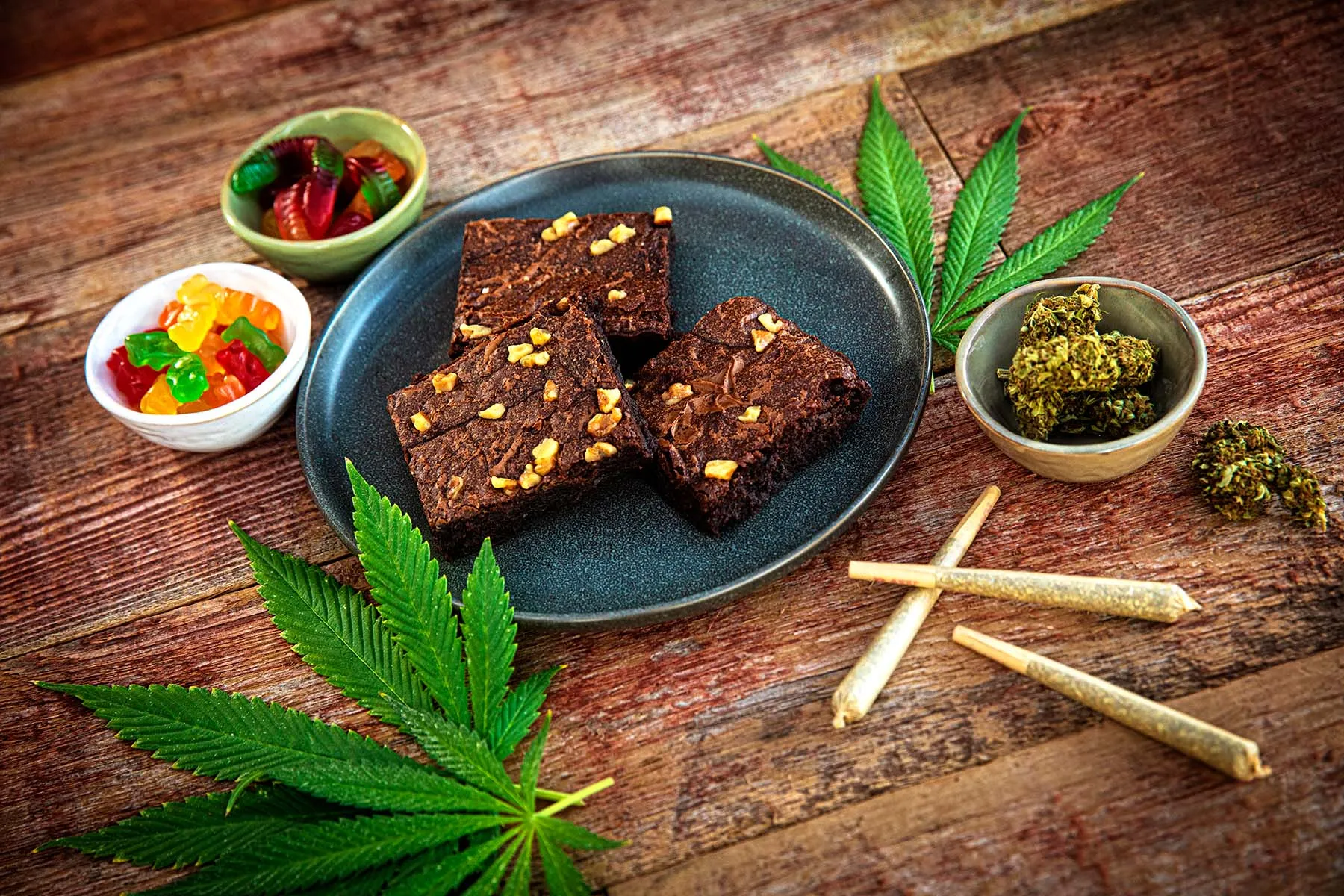Although not typical, another herpes simplex virus, HSV-2, which causes most cases of genital herpes, can also trigger eczema herpeticum.
“Patients with eczema have a compromised skin barrier that puts them at a higher risk of skin infections in general, including eczema herpeticum,” says Nika Finelt, MD, the director of pediatric dermatology at the Donald and Barbara Zucker School of Medicine at Hofstra/Northwell in New Hyde Park, New York. Eczema causes breaks in the skin, which allows the herpes virus in.
In kids and young adults with eczema, wrestling and other contact sports can increase the risk of coming into direct contact with the herpes simplex virus and developing eczema herpeticum. Another common scenario can happen among babies with eczema — an adult with a cold sore who gives the baby a kiss raises the baby’s risk of developing eczema herpeticum.
Once the herpes virus gains a foothold, the infection can spread rapidly over the body, affect vital organs, and even become life-threatening, says Carol Cheng, MD, a pediatric dermatologist at UCLA Health in Santa Monica. Because of this, eczema herpeticum is considered a medical emergency.
RELATED: Atopic Dermatitis Complications: What You Need to Know
Source link


